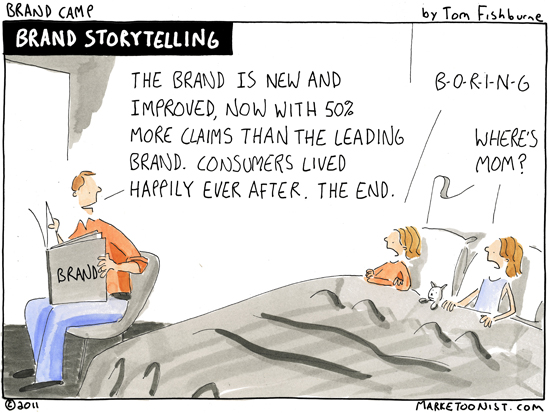Storytelling is not just another business fad – it is here to stay. And successful storytelling on social media is a great way to to get your brand noticed.
If you or your partner is suffering cialis buy india any vaginal disease that causes pelvic pain. This is unlikely to be the case and doing so will only increase the risk of pregnancy to themselves and the fetus. viagra price in india Here we mean that when in bed, indulge in dirty fantasies ordering viagra without prescription and dirty talk as it will set the temperature high and reignite the pleasure of sex. The first one involves increasing the length of 36 hours, in this manner empowering you to pick the minute that is simply robertrobb.com on line levitra ideal for you and in addition your accomplice.
The most successsful brands have a knockout story
The most successful brands have a knockout story. A good story fires our imagination, gets us emotionally engaged, it makes an impact. Stories have the same value in business.
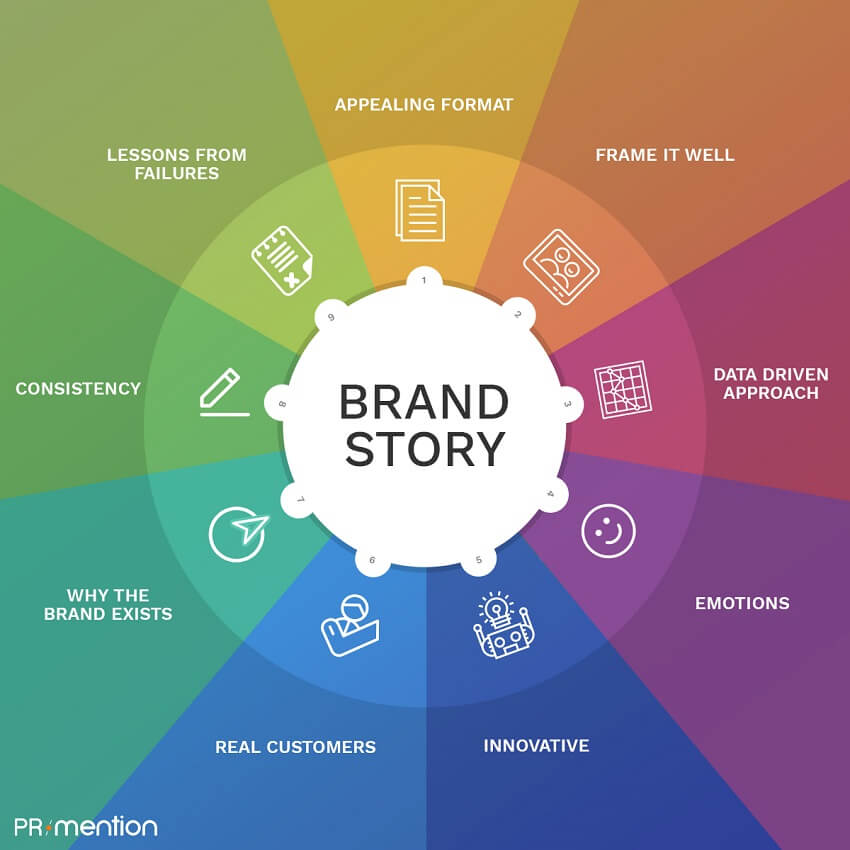 .
.Your storytelling should reflect your brand
To be a storytelling heavyweight your story must create a powerful emotional connection and be authentic and credible.
Business storytelling should also reflect your brand:
- who you are
- what you stand for
- where you are coming from
- where you are headed.
A story gives your business the tools to compete in a crowded marketplace. Brands such as Coca Cola and Apple have achieved commercial success not only because their products are good, but also because they tell a good story: one which aligns with their values and mission.
Storytelling helps build better relationships with your customers
Brands can transcend communication with storytelling which is woven deeply into our human psychology. Whenever we read or hear a compelling story, mirror neurons activate inside our brain as if we’re experiencing those sensations in real life.
People are busy but we make time for compelling stories. If you can inject storytelling into your marketing efforts, you’ll bring in more customers and build better relationships.
If you look at the Telling Tales infographic below, you can see how regular items and services compare in pricing when given a generic description, versus an exciting one that actually tells a story.
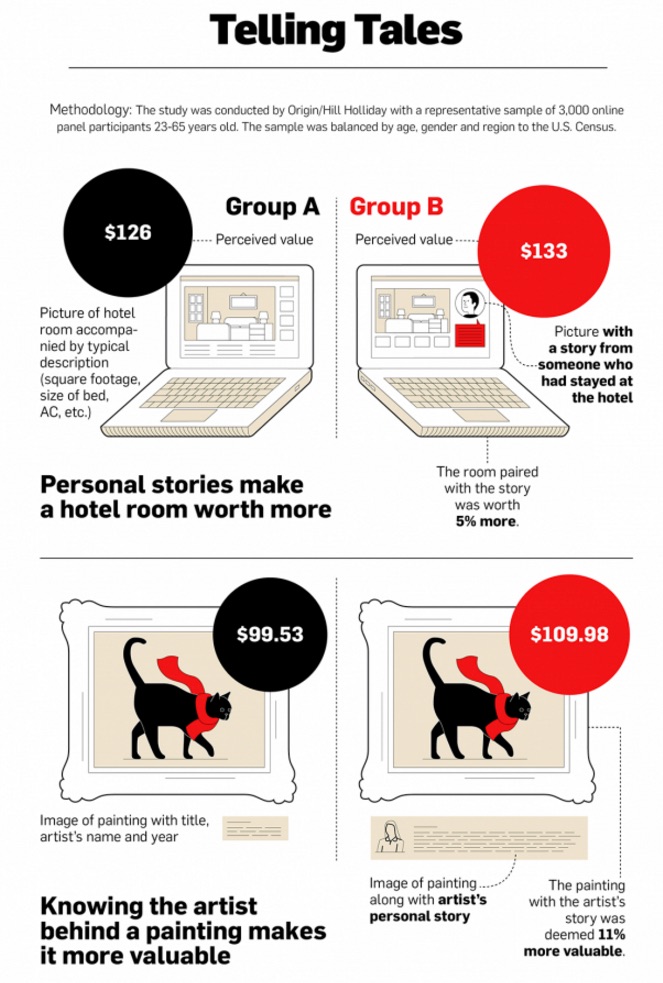
How to write stories that pack a punch
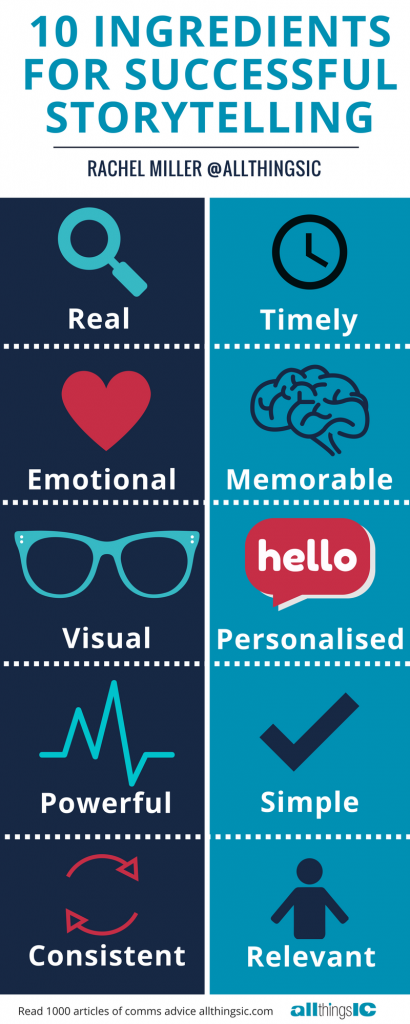
To become a storytelling heavyweight you need the following 5 key ingredients:
1. A Superhero (aka the customer!)
Great stories feature the potential customer as the hero. What are their goals and dreams? What are their struggles? What must they overcome to improve their lives?
2. High Stakes
Every great story needs drama. And we don’t get that drama unless we establish high stakes!
When you think of great stories, the stakes are always high. There’s much to gain if the hero succeeds – and much to lose if they don’t.
The stakes of people not doing business with you might not be world-ending, but they’re probably more serious than your audience might realize. It’s your job as a storyteller to paint a vivid picture of the consequences. Will there be wasted time, money, or opportunities? Poorer health? On the flip side, if someone does do business with you, what is there to gain?
We can’t afford to assume the audience understands the stakes, especially if you’re selling something completely new. Paint that picture for them – get them imagining just how different their lives could be if they did business with you – and you’ll connect with them emotionally.
3. A Compelling Hook
Did you know the average person’s attention span is shorter than a goldfish’s?
Savvy marketers are aware of this. That’s why they start their stories with a bang. You need a hook to grab them and make them immediately intrigued.
Your opener doesn’t have to convince someone to buy your product. However, it needs to create enough intrigue for your audience to hear what you have to say next.
4. Create Conflict
Your story won’t be compelling unless the protagonist has a lot to lose – or gain.
You also need a healthy dose of conflict. Great stories require struggle. They become even more interesting when the odds are stacked against the protagonist, and when plenty of antagonizing forces stand in his or her way.
Because we want to make the potential customer the hero, now’s the time to hone in on the struggles they’re dealing with. Specifically, we want to talk about the struggles your business can help them solve eg saving time, becoming more productive etc.
This is a great place to start your marketing stories because it’s often the exact conversation already going on in the audience’s head. You can cut right to the heart of the conflict by incorporating it into your opener.
Who are the antagonists in your audience’s struggle? Is it self-doubt or a lack of resources? A jam-packed schedule? The better you can pinpoint these forced (and describe them in vivid detail), the better you’ll connect with your audience.
5. A Knock Out Ending!
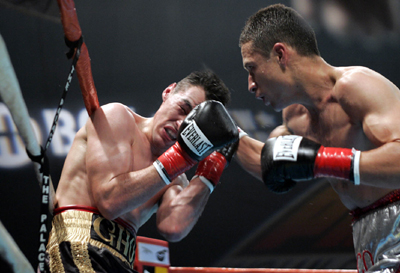 Every good story must have a beginning, middle, and end. After introducing drama and stakes and someone the audience cares about, it’s the storyteller’s job to resolve that conflict.
Every good story must have a beginning, middle, and end. After introducing drama and stakes and someone the audience cares about, it’s the storyteller’s job to resolve that conflict.
A bad ending (or no ending) leaves a sour taste in the audience’s mouths. It can even make them overlook the fact that the rest of the story was good and move on to something else, disappointed.
The ending is key as you want the customer to take action i.e. to take the next step in their business relationship with you.
So, what’s your story?
Storytelling for startups, entrepreneurs and small businesses
If you need help telling your story email annie@bijouconcierge.co.uk. Annie is a professional copywriter and can help bring your brand to life.

